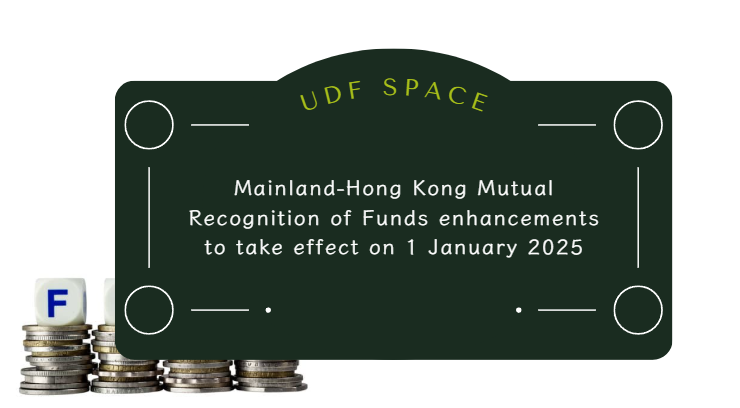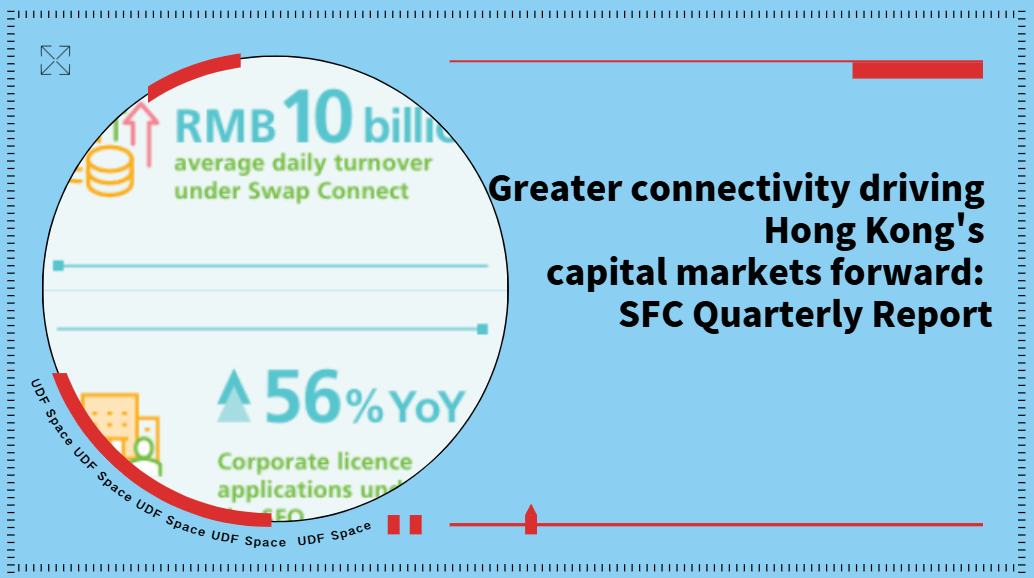Hong Kong Poised to Become a Leading Family Office Hub with Expanded Tax Incentives
Elevating the City's Appeal
Hong Kong is strengthening its position as a premier destination for family offices, driven by an expanded scope of tax concessions and the growing wealth in China and Asia. In his October policy address, Chief Executive John Lee Ka-chiu pledged to broaden tax incentives for single-family offices, a move that has sparked optimism among financial professionals.
Anthony Lau, Hong Kong leader of Deloitte Private, welcomed the proposed changes, noting their focus on widening the range of tax-exempt assets, including loans, private credit investments, and virtual assets. “This expansion places Hong Kong ahead of similar regimes, such as Singapore's, by specifically covering virtual assets,” he remarked.
UBS's Koh Liang Heong echoed this sentiment, stating that the enhanced tax regime, coupled with other supportive measures, would make Hong Kong increasingly attractive to affluent families. “Hong Kong's proximity to mainland China and its robust financial infrastructure continue to appeal to global investors,” Koh added.
Why Family Offices Matter
Family offices—private entities established by high-net-worth individuals to manage investments, succession planning, and philanthropic endeavors—are a growing presence in Hong Kong. Deloitte reported over 2,700 single-family offices in the city in 2022, with numbers expected to climb as more families seek tailored wealth management solutions.
Alex Wolf of JPMorgan Private Bank highlighted the city's strong regulatory environment as a key draw for international clients. “Ensuring regulatory compliance and asset security remains paramount for our clients,” he said.
The city's attractiveness extends beyond finance. Melissa Fung of Deloitte China noted that family offices are increasingly interested in art, collectibles, and philanthropic activities. In fact, auction sales in Hong Kong for Christie's, Sotheby’s, and Phillips ranked third globally in 2023, following New York and ahead of London, according to Statista.
Growing Opportunities in Asia
Wealth creation in Asia, particularly in mainland China, continues to drive demand for family offices. “Despite economic headwinds, Chinese entrepreneurs are persistently innovating and generating wealth,” Koh of UBS observed. “Hong Kong serves as the first point of entry for families in Greater China and abroad seeking investment opportunities in the region.”
BNP Paribas, a major player in global wealth management, views Asia as a significant growth market. CEO Vincent Lecomte highlighted the region's entrepreneurial energy and increasing demand for wealth management services. BNP now holds 20% of its assets under management in Asia, reflecting its confidence in the market's potential.
Patrick Graham, CEO of Manulife Hong Kong, further emphasized the city's role within the Greater Bay Area as a “superconnector” for affluent individuals. “Hong Kong offers unparalleled access to wealth management and estate planning solutions for the region's growing high-net-worth population,” he said.
Challenges and the Road Ahead
While the new tax concessions have been widely praised, industry leaders suggest further refinements. Deloitte’s Lau recommended extending exemptions to cover art and collectibles, which are gaining traction among family offices.
Maintaining a strong regulatory framework and robust infrastructure will be crucial as competition intensifies with other hubs like Singapore. Alex Wolf underscored the importance of regulatory clarity to sustain client trust and attract overseas investors.
A Bright Future for Hong Kong
With the right policies and industry support, Hong Kong is well-positioned to capitalize on Asia's burgeoning wealth management sector. The city's ability to adapt to evolving market demands and leverage its strategic location will be instrumental in its continued success as a global family office hub.
As Deloitte's Fung aptly concluded, “Hong Kong is not just a gateway to China but a bridge connecting global wealth to Asia's immense opportunities.”























































First, please LoginComment After ~